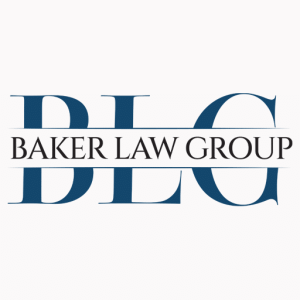 Colorado Law Defines Defamation as a False Statement Made About Another Person That Is Communicated to a Third Party
Colorado Law Defines Defamation as a False Statement Made About Another Person That Is Communicated to a Third Party
Yes, there are defenses to a defamation lawsuit in Colorado. A Denver defamation attorney can help you understand these defenses and how they may apply to your case.
Some of the most common defenses to a defamation lawsuit include the following:
- Truth: If the statements about the plaintiff are true, then defamation is not present.
- Opinion: Statements of pure opinion are not usually considered to be defamatory.
- Privilege: There are certain situations where the law protects someone from being sued for defamation, even if the statements made were false. For example, witnesses in a trial have immunity from defamation suits based on their testimony.
- Fair Report: The media is often protected from defamation lawsuits based on their reporting of events, as long as they are accurate in their reporting.
- Innocent Dissemination: A person who passes on or republishes false information is not usually liable for defamation as long as they did not know that the information was false.
- Statute of limitations: There is a limited period when a defamation lawsuit can be filed. In Colorado, the statute of limitations is one year from the publication date.
Contact a Defamation Lawyer Colorado Residents Trust
If you are looking for a Defamation law firm in Colorado, Contact Baker Law Group. We can help you navigate the defenses to a defamation lawsuit and determine which ones may apply to your case.









